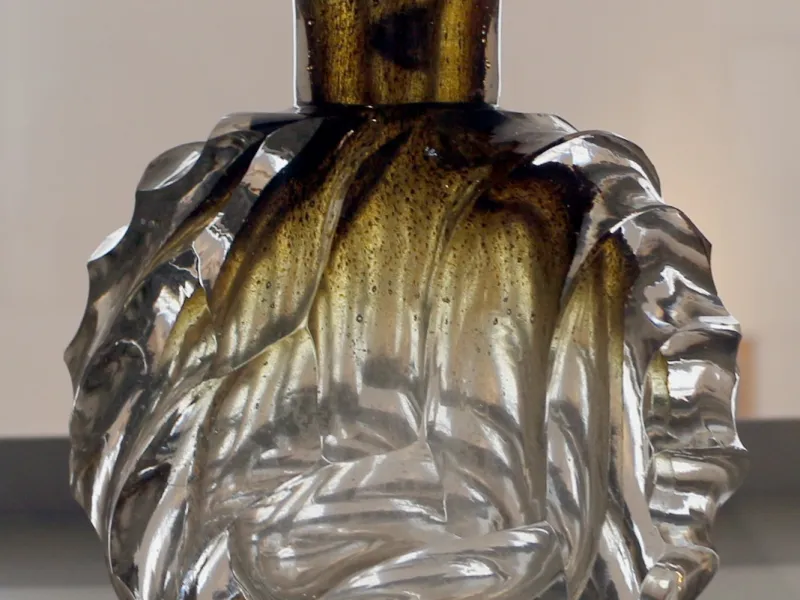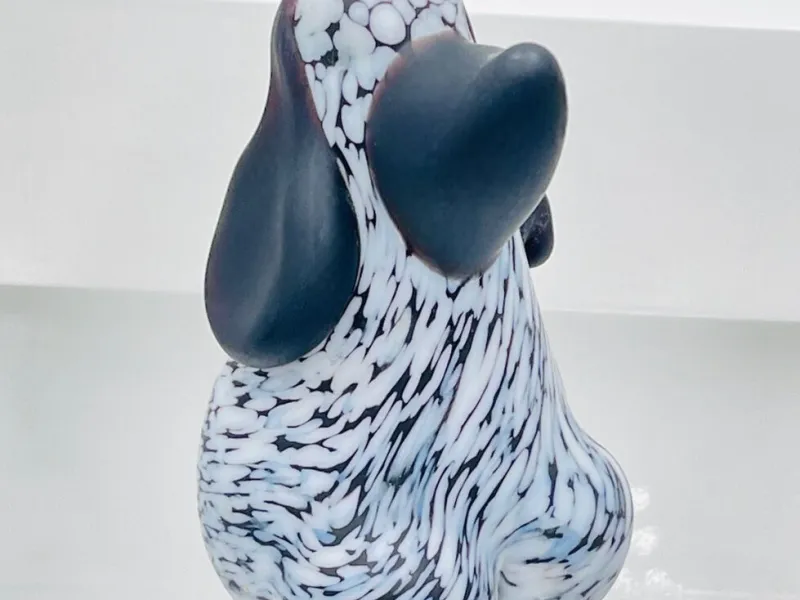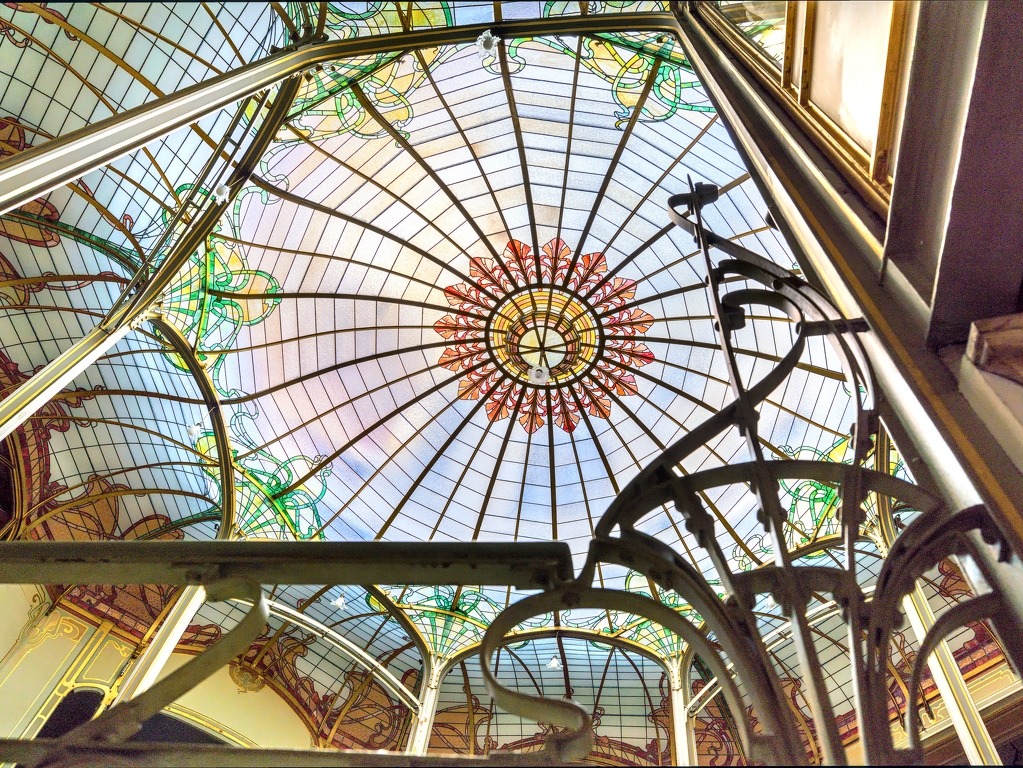
Baccarat, the renowned French glassworks founded in 1764 near Luneville, has continued to captivate the world with its exquisite designs and masterful craftsmanship. This Article delves into the rich history, artistic techniques, and distinctive creations that have made Baccarat a celebrated name in the world of applied and decorative arts. The brand offers a wide range of products, including stemware, barware, decorative crystal, lighting, jewellery, and perfume bottles. Baccarat crystal is considered a luxury product, synonymous with fine quality and craftsmanship.
A Historical Showcase
Since its inception, Baccarat has been a testament to the enduring French glassmaking tradition. Its heritage dates back to the reign of Louis XV, when the King granted permission to establish the glassworks facility. Over the centuries, Baccarat has witnessed the rise and fall of empires, navigating through political and economic challenges while preserving its craft.
Merging Artistry and Skill
Baccarat is renowned for combining artistry and skill seamlessly, resulting in mesmerizing creations. Talented artisans trained in traditional techniques transform molten glass into awe-inspiring pieces. Each creation exemplifies mastery over the medium, from delicate vases and chandeliers to intricate tableware and jewellery.
Timeless Design Aesthetics
The hallmark of Baccarat’s success lies in its ability to create timeless designs that endure the test of time. The glassworks explore a wide array of styles and embrace classic elegance and contemporary trends with equal finesse. Whether it’s the iconic Harcourt stemware collection or the modernistic Zenith chandelier, Baccarat designs embody French craftsmanship at its finest.
Some of the more contemporary collaborations include:
- Virgil Abloh: Known for his work with Louis Vuitton and Off-White, Abloh collaborated with Baccarat to create the “Crystal Clear” collection, which showcased a fresh facet of Baccarat’s design philosophy.
- Louis Vuitton: Baccarat also collaborated with this iconic fashion house, further blending the boundaries between fashion and crystal artistry.
- BE@RBRICK: This collaboration involved giving a new interpretation to the BE@RBRICK toy, incorporating Baccarat’s crystal elements. BE@RBRICK itself is known for collaborations with various artists like Karl Lagerfeld, KAWS, Readymade, and Chanel.
Collaboration with Leading Artists
Baccarat has always embraced collaboration with acclaimed artists, fostering a union of art and glassmaking. Through partnerships with renowned designers, the glassworks has pushed the boundaries of what is possible in glass. From architectural installations to limited-edition collaborations, such alliances have resulted in unique and collectible pieces that blend innovation and tradition.
Impeccable Craftmanship
The meticulous craftsmanship in Baccarat’s creations sets it apart from other glassmakers. Each piece undergoes a labour-intensive process, with skilled artisans shaping, cutting, and engraving the glass by hand. The pursuit of perfection is reflected in the flawless clarity, precision-cut facets, and intricate detailing found in each work of art.
A Luxurious Legacy
Baccarat’s enduring legacy as one of the finest French glassworks remains unrivalled. Baccarat has been a symbol of elegance and luxury for centuries through its historical roots, artistic collaborations, and impeccable craftsmanship. Whether admired for its timeless design aesthetics or desired for its impeccable craftsmanship, Baccarat continues to shine with its captivating creations, leaving an indelible mark on the world of applied and decorative arts.
More on Glassware
Bormioli Luigi: The Evolution of Italian Glassware Excellence
Bormioli Luigi, renowned for Italian glassware since 1825, combines tradition with innovation, offering luxury products like the Sublime Carafe, showcasing elegance and sustainability.
Keep readingOtto Prutscher: Pioneer of Austrian Design
Otto Prutscher, a key figure in Austrian design, excelled in glassware while promoting modernism through the Wiener Werkstätte, combining decorative elements with functional simplicity.
Keep readingThe Peacock Vase by Louis Comfort Tiffany: A Masterpiece of Blown Glass
The Peacock Vase by Louis Comfort Tiffany, crafted circa 1901, highlights exceptional Art Nouveau skills in blown glass with its iridescent blue and green patterns.
Keep readingWilliam Lees Judson: A Visionary of American Art and Craftsmanship
William Lees Judson, a significant figure in American art, founded Judson Studios in California, renowned for stained-glass artistry and contributions to the Arts and Crafts movement.
Keep readingMaurice Marinot: Innovator in Glassmaking History
Maurice Marinot, a revolutionary glass designer, combined Fauvist influences with innovative techniques, ultimately redefining glass as fine art through his bold and sophisticated creations.
Keep readingArchimede Seguso: Icon of Murano Glass Artistry
Archimede Seguso, a pivotal 20th-century Murano glassmaker, blended tradition and innovation, creating timeless works characterized by elegance and artistic expression, influencing global design.
Keep readingArt Nouveau: Belgium, Netherlands, and Scandinavian Styles
Art Nouveau thrived from 1890 to 1910, showcasing diverse regional adaptations in glassworks across Belgium, the Netherlands, and Scandinavia, each reflecting unique cultural influences.
Keep readingBertil Vallien: Master of Glass Design
Bertil Vallien, a Swedish designer, is renowned for his innovative glasswork that merges art with functionality, impacting decorative arts through unique techniques and versatile creations.
Keep readingDutch and Belgian Glass: A Legacy of Innovation and Craftsmanship
Glassmakers in the Low Countries adopted Venetian techniques to create Façon-de-Venise glass renowned for its elegance and functionality. The Roemer and engraving techniques were iconic. The Dutch Golden Age spurred further innovation.
Keep readingCorning Glass Works and Museum of Glass: A Legacy of Innovation and Artistry
Founded in 1851, Corning Glass Works has revolutionized glass and ceramics manufacturing, producing first light bulbs and Pyrex, and creating the renowned Corning Museum of Glass.
Keep readingRelated Articles
Discover more from Encyclopedia of Design
Subscribe to get the latest posts sent to your email.









